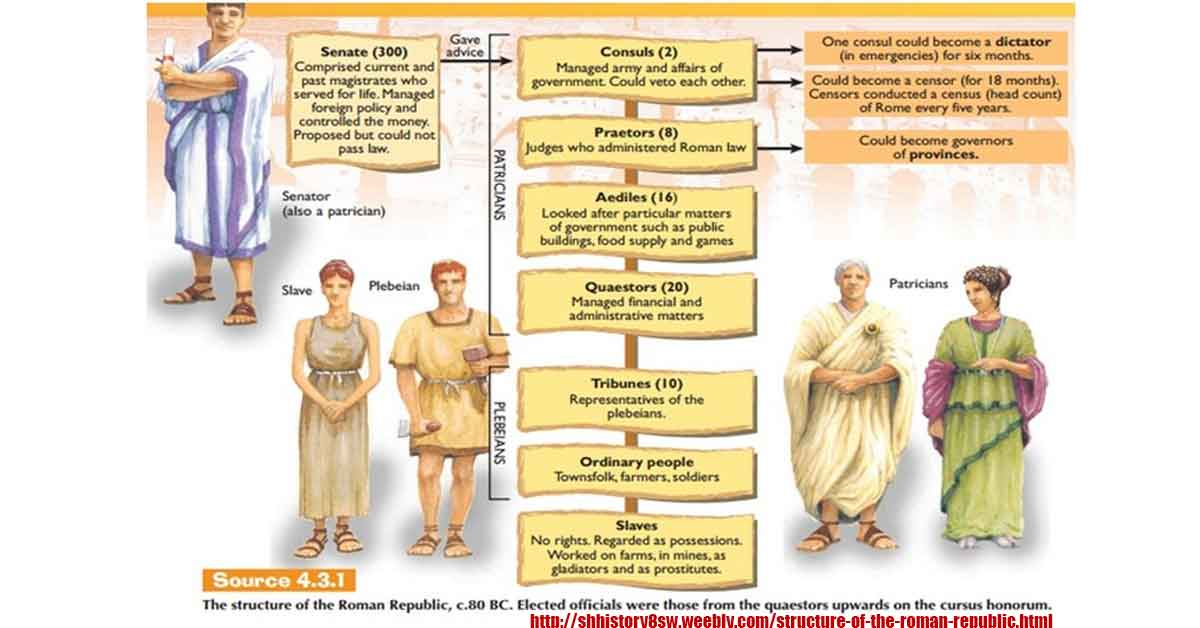The United States Has a Two-Party System

Despite two parties dominating politics due to a majority being needed to win elections, the United States doesn’t officially have a two-party system. Parties aren’t even mentioned in the Constitution.
Society refers to groups of people the cultures they form.

Despite two parties dominating politics due to a majority being needed to win elections, the United States doesn’t officially have a two-party system. Parties aren’t even mentioned in the Constitution.

We explain neoliberalism, globalization, nativism, and protectionism and the pros and cons of “neoliberal globalization” and “nativist protectionism.”

As Mises said, “all action is human action”. In other words, although we form groups that can indirectly act through consensus, groups themselves aren’t physical entities (and thus they can’t act directly).

Eugenics (including positive eugenics which breeds traits, and negative eugenics which prevents breeding) has been practiced since the Greeks, but rose to popularity in the west starting in the late 1800’s.

Classical Athens had a type of Direct Democracy that included direct voting on laws and election by lottery, but participation was limited to adult male citizens who owned land.

Sparta can be described as a constitutional nationalist socialist state with an oligarchical republican government where societal roles were based on hereditary class.

One might assume James Monroe wrote the 1823 Monroe Doctrine, but its primary author was future-President and then secretary-of-state John Quincy Adams.

The Optimates like Pompey (aristocrats) and Populares like Julius Caesar (populists) were two opposing political factions at the onset of the fall of the Roman Republic.

Stability isn’t necessarily destabilizing, but as Hyman Minsky’s Financial Instability Hypothesis eludes: longterm stability breeds instability and diminishes resilience in economic markets, mainly due to psychological factors.

Extreme equality and an extreme inequality are both equally as dangerous in a democratic society. In both cases it corrupts the government.